Ingredients:
Each spray delivers:
Glyceryl Trinitrate (GTN) – typically 400 micrograms per metered dose (varies by brand)
Direction of Use:
Apply directly to the affected area (usually the chest or inner thigh for topical patches) or into the mouth under the tongue if sublingual.
Always follow the physician’s instructions regarding area of application and frequency.
Indication:
Relief and prevention of angina pectoris (chest pain) associated with coronary artery disease.
Sometimes used in anal fissure treatment (as a rectal ointment/spray form).
May also be used to manage hypertension during surgery.
Pharmacology:
Glyceryl Trinitrate (Nitroglycerin) is a nitrate that acts as a vasodilator.
It relaxes vascular smooth muscles, dilates arteries and veins, reduces myocardial oxygen demand, and improves oxygen delivery to heart tissues.
Category:
Antianginal / Nitrate Vasodilator
Dosage & Administration:
Angina Relief: 1-2 sprays under the tongue or onto the oral mucosa at the onset of chest pain. May repeat after 5 minutes if needed, up to 3 doses within 15 minutes.
Topical (anal fissure): Apply as directed by a physician, typically 2-3 times daily.
Do not exceed recommended dose.
How to Use:
Shake well before use (if required by brand).
Hold the container upright, close to the application area.
For sublingual use: spray under the tongue; do not swallow or inhale.
Remain seated or lying down during administration to prevent dizziness or fainting.
Interaction:
Avoid with PDE5 inhibitors (e.g., sildenafil/Viagra) – risk of severe hypotension.
May interact with antihypertensives, alcohol, beta-blockers, and calcium channel blockers.
Concomitant use with ergot derivatives may reduce antianginal effect.
Contraindications:
Hypersensitivity to nitrates
Severe hypotension or shock
Increased intracranial pressure
Anemia
Concurrent use with PDE5 inhibitors
Product Technical Details:
Form: Metered dose spray
Strength: Typically 400 mcg per spray
Route of Administration: Sublingual, transdermal, or topical (depending on formulation)
Packaging: Pressurized canister or spray bottle
Side Effects:
Common: Headache, dizziness, flushing, hypotension
Serious: Fainting, severe hypotension, reflex tachycardia
Rare: Methemoglobinemia (in high doses)
Pregnancy & Lactation:
Pregnancy: Use only if clearly needed and prescribed by a physician
Lactation: Caution advised; not well studied in breastfeeding
Precautions & Warnings:
May cause postural hypotension; advise patients to sit or lie down during use
Avoid alcohol
Tolerance may develop with long-term continuous use; follow dosing schedules
Use caution in elderly and those with volume depletion
Overdose Effects:
Symptoms include severe hypotension, bradycardia, syncope, and methemoglobinemia
Requires immediate medical attention and supportive treatment
Therapeutic Class:
Organic Nitrate / Antianginal Agent
Storage Conditions:
Store below 25°C, away from direct sunlight and heat sources
Do not puncture or incinerate pressurized container
Keep out of reach of children
Disclaimer:
This information is provided for educational purposes and should not replace professional medical advice. Consult your doctor or pharmacist for personalized guidance.



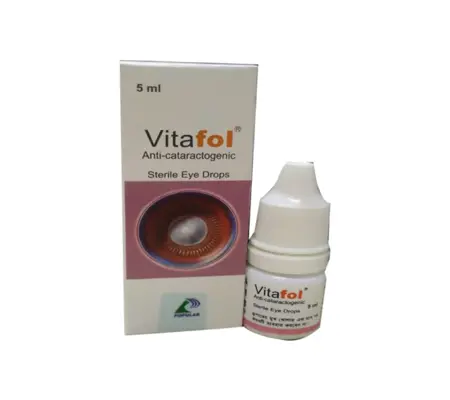
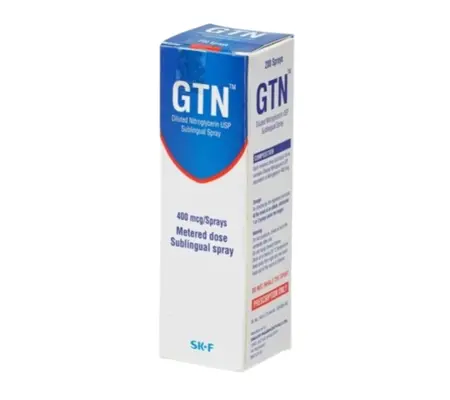


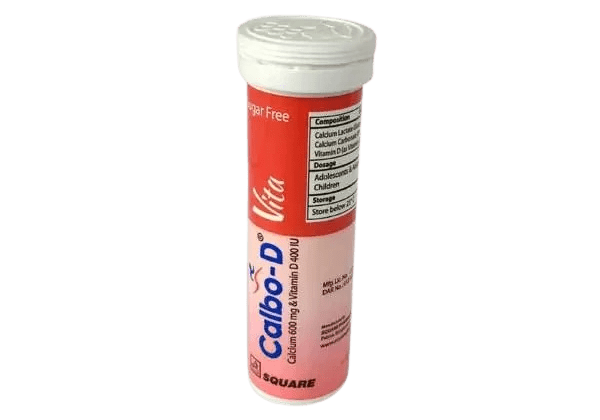
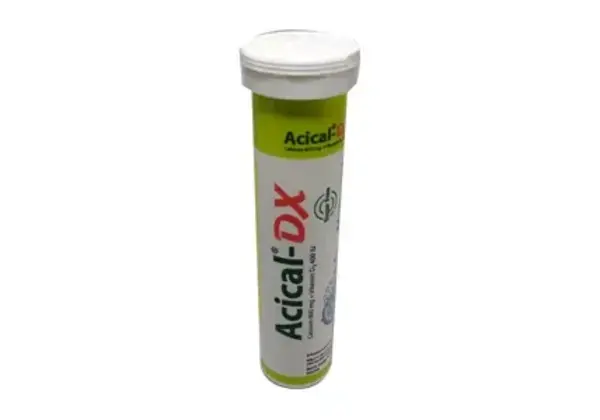
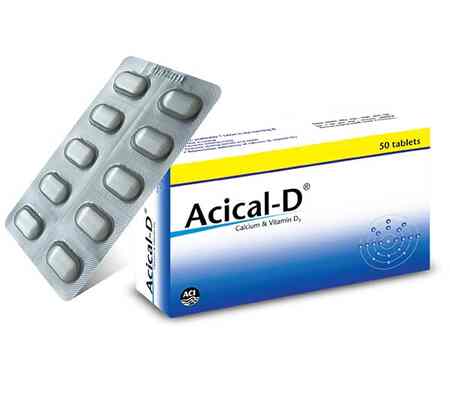

Reviews
Clear filtersThere are no reviews yet.